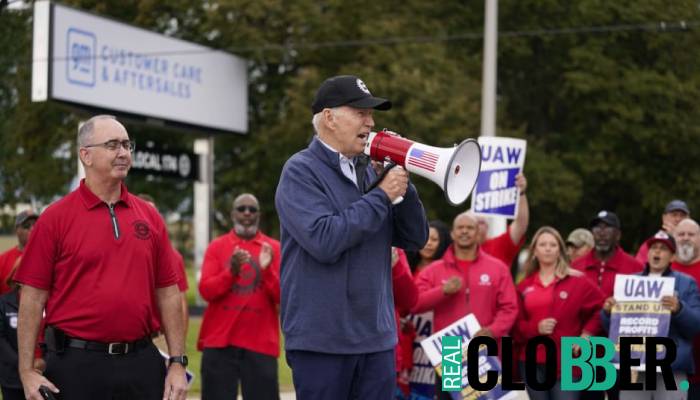The UAW and Detroit’s three manufacturers have reached tentative agreements. While neither side has officially voted on the agreements, they are already influencing the rest of the auto industry. American corporations’ pay rises and other benefits have put pressure on non-unionized automakers, prompting Toyota to raise compensation at all of its U.S. sites.
Toyota Vice President of Corporate Resources Chris Reynolds told Axios, “We value our employees and their contributions, and we show it by offering robust compensation packages.” Although a Toyota official declined to confirm the data, early reports suggest that skilled trades workers received a $3.70 hike and production workers received a $2.94 rise.
Toyota’s facilities are not unionized, but UAW president Shawn Fain wants that to change. He’s made it clear that he wants to attract non-union auto workers, saying earlier this year, “Non-union auto workers are not the enemy. Workers will receive immediate salary boosts in the double digits, as well as cost-of-living pay increases that the union lost more than a decade ago.
According to Axios, this will allow the union a longer runway to attract workers from other automakers, such as Tesla, Toyota, and possibly even Korean automakers. In any case, Toyota’s wage increases are likely just the beginning, and they will add to the pressure produced by the union’s agreements.












